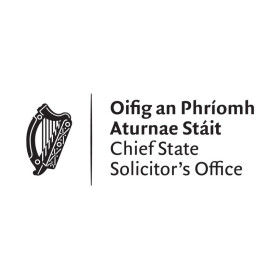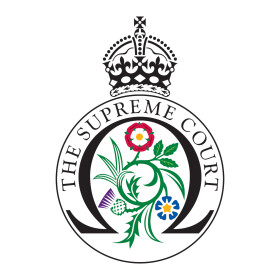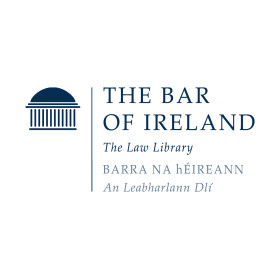Employment law solicitor Richard Grogan of Richard Grogan & Associates flags up a legislative flaw that could have a major impact after the coronavirus pandemic. Section 678 of the Companies Act 2014 is a problem in the making for employment lawyers. You might wonder why it would have any releva
Analysis
Larry Fenelon, co-founder and managing partner at Leman Solicitors, responds to new measures affecting public works. The Minister for Finance has confirmed that building contractors working under public works contracts are entitled to claim some expenses resulting from site closures in response to
Employment law solicitor Richard Grogan of Richard Grogan & Associates explores the law on discrimination by one employee against another. The issue of the liability of an employer for the actions of another employee towards a fellow employee is covered in section 15 of the Employment Equality A
In the third of his jurisprudential primers, Benjamin Bestgen look at truth. See part two here. Author Irvine Welsh reacted with disbelief when former Scottish First Minister Alex Salmond was acquitted of several sexual offences last month: “For fuck sake. NINE women were lying? Come on.&
Ronan Hynes, partner at Sellors, considers how the coronavirus pandemic has accelerated the transformation of the justice sector. COVID-19 has reminded us how globalised the world has become, how interconnected we all are and the role that technology will play in our future. The World Economic Forum
Ronan Daly Jermyn partner Diarmaid Gavin and trainee Kate Murphy explore the European Commission's response to the coronavirus pandemic. On 19 March 2020, the European Commission adopted a temporary framework for state aid measures to support the economy of member states in the current Covid-19 outb
William Fry unpacks recent clarifications about certain provisions of the Government's temporary wage subsidy scheme. The Revenue Commissioners have issued some recent welcome clarifications about certain provisions of the Government's temporary wage subsidy scheme.
In the second of his jurisprudential primers, Benjamin Bestgen invokes Greek wisdom in thinking about the merits of democracy. See part one here. Likening statecraft to captaining a ship goes back to the Greek poet Alcaeus of Mytilene but was made famous in Plato’s Republic.
In the first in a series of jurisprudential primers, Benjamin Bestgen reflects on philosophical thinking. When I studied philosophy, one of the typical remarks from well-meaning people with little knowledge of the subject were pointers to Rodin’s sculpture The Thinker and that it must be inter
Lawyer Bill Holohan is reflecting this week on the 20th anniversary of his "radical" appointment as notary for the cities and counties of Cork and Dublin. At the time of Mr Holohan's appointment by then Chief Justice Ronan Keane in 2000, notaries had only been appointed for adjacent counties.
Eoghan Ó hArgáin, associate and head of the EU, competition and regulated markets team at Eugene F. Collins, explores what measures may be taken under Irish law in response to reports of “price gouging”. Following the outbreak of COVID-19 there have been reports of hand san
Joanne Ryan, associate at William Fry, looks at whether remote swearing is permitted in Ireland in light of the coronavirus pandemic and what can be done to address the issue of swearing affidavits while adhering to social distancing. Due to the Government's necessary social distancing restric
William Fry partner Laura Scott, senior associate Colette Brady and trainee solicitor Sophie Delaney consider whether growing concerns about the availability of certain drugs and equipment in the midst of the COVID-19 pandemic will we see governments start to issue compulsory licences. Concerns arou
Researcher Ethan Shattock argues that disinformation is a human rights issue and a human rights approach is needed in potential regulatory responses. In recent weeks, the outbreak of COVID-19 has demonstrated how false rumours, unverified information, and harmful lies can be spread with rapid speed
Patrick Dunne urges reason in discussions about the lockdowns aimed at slowing the spread of coronavirus. In the midst of a lockdown in this country, and lockdowns in many other western democracies, reference has been made to the imposition of martial law. This, it is claimed, would result in member






















